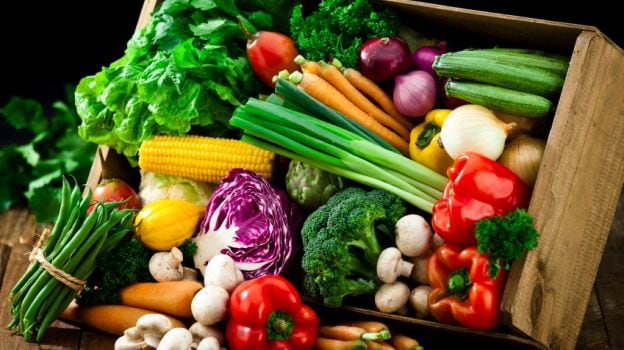Diabetes Diet: The Best Foods for Diabetes and More
Managing diabetes involves a combination of lifestyle changes, medication, and dietary adjustments. A diabetes-friendly diet can help control blood sugar levels, prevent complications, and improve overall health. In this blog post, we will explore the best foods for diabetes and offer tips for creating a balanced and nutritious meal plan.
I. Understanding Diabetes and Diet:
Definition: Diabetes is a chronic condition characterized by high blood sugar levels resulting from the body's inability to produce or use insulin effectively.
Importance of Diet: A diabetes-friendly diet can help manage blood sugar levels, control weight, reduce the risk of complications, and improve overall health.
II. Best Foods for Diabetes:
Non-Starchy Vegetables:
Examples: Leafy greens, broccoli, cauliflower, carrots, bell peppers, tomatoes, cucumbers.
Benefits: Low in calories, high in fiber and essential nutrients, and low glycemic index (GI).
Whole Grains:
Examples: Brown rice, quinoa, whole-wheat bread, oatmeal, whole-grain pasta.
Benefits: Rich in fiber, vitamins, and minerals, and lower GI than refined grains.
Lean Proteins:
Examples: Skinless chicken or turkey, fish, beans, tofu, eggs.
Benefits: Helps regulate blood sugar levels, promotes satiety, and provides essential nutrients.
Healthy Fats:
Examples: Avocado, nuts, seeds, olive oil, fatty fish (salmon, tuna).
Benefits: Helps control blood sugar levels, reduces inflammation, and promotes heart health.

III. Tips for Creating a Diabetes-Friendly Meal Plan:
Focus on Non-Starchy Vegetables: Fill half of your plate with non-starchy vegetables for fiber and essential nutrients.
Choose Whole Grains: Replace refined grains with whole grains for sustained energy and balanced blood sugar levels.
Include Lean Proteins: Choose lean proteins to help regulate blood sugar levels and provide essential nutrients.
Limit Added Sugars and Refined Carbs: Avoid sugary drinks and processed foods, as they can cause blood sugar spikes.
Incorporate Healthy Fats: Choose healthy fats for their blood sugar regulating and anti-inflammatory benefits.
Practice Portion Control: Monitor portion sizes to avoid overeating and maintain a healthy weight.
IV. Other Considerations:
Glycemic Index: The glycemic index (GI) ranks foods based on their impact on blood sugar levels. Choosing low GI foods can help control blood sugar levels.
Carbohydrate Counting: Monitoring carbohydrate intake can help manage blood sugar levels, particularly for those who take insulin.
Snacking: Healthy snacks, such as nuts, fruits, and vegetables, can help regulate blood sugar levels and prevent overeating.
Alcohol: Limit alcohol consumption, as it can cause blood sugar spikes and affect medication effectiveness.
Conclusion:
A diabetes-friendly diet is an essential component of managing diabetes and promoting overall health. Focusing on non-starchy vegetables, whole grains, lean proteins, healthy fats, and practicing portion control can help regulate blood sugar levels, prevent complications, and maintain a healthy weight. Other considerations, such as monitoring GI, carbohydrate intake, snacking, and alcohol consumption, can also contribute to better diabetes management. By making informed food choices and following a balanced meal plan, individuals with diabetes can improve their quality of life and reduce the risk of complications.
Also Read: The Biggest Diabetes Diet Myths
.png)


Comments
Post a Comment